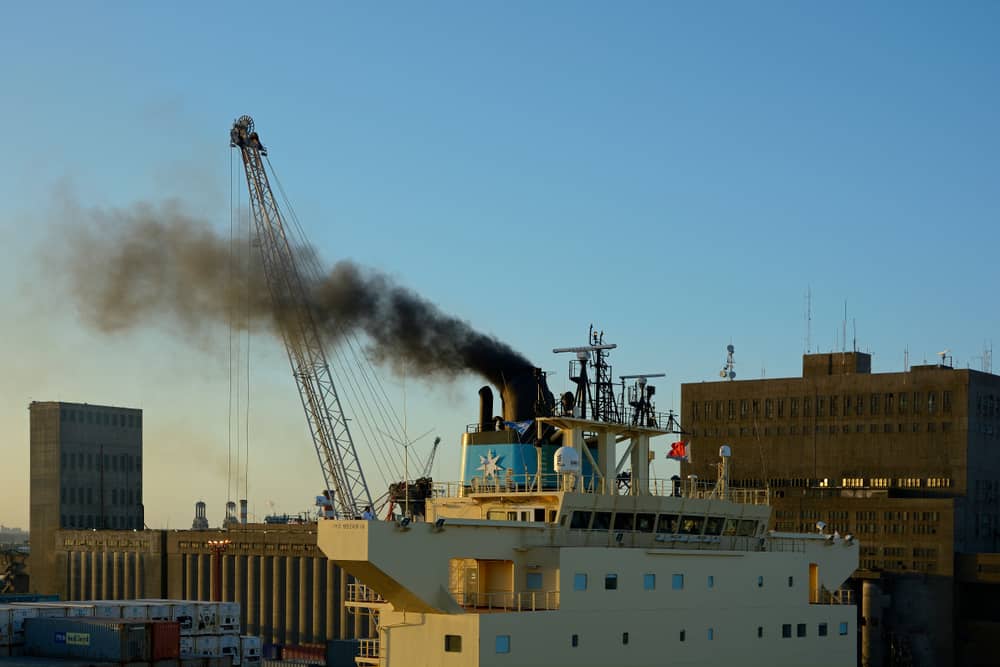By January 2020, the maritime industry will experience a major positive change, as clean fuel usage will become mandatory for ocean carriers.
The new requirements will force ocean carriers to use clean fuels, in order to help protect the environment. The International Maritime Organization (IMO) has set the deadline as the beginning of 2020. Most people know that marine pollution threatens sea life and the overall environment. Therefore, this new regulation will help significantly reduce marine pollution.
To explain this new regulation – also known as the IMO 2020 regulation – in more detail, vessels will only be allowed to use fuel with a maximum sulphur content of 0.5 percent. The current standard is a maximum sulphur content of 3.5 percent. The IMO 2020 regulation is the largest in a series of International Maritime Organization (IMO) measures to reduce marine pollution. Using low sulphur fuel oil will be a key requirement for the shipping industry. All ocean carriers will have to remain compliant with this regulation.
While good news for the environment, this pending change in bunker fuel standards threatens increased fuel prices, will affect airline transportation and consumers at the pump, and will drive up freight rates.
Ocean carriers in the shipping industry have struggled with years of low charter rates, so no one is looking to spend money unnecessarily. Additionally, refineries have been slow to add the additional capacity needed to de-sulphurize fuel oil, or produce marine diesel.
The higher fuel costs experienced by shippers will increase the cost of sea transport. We have already seen some carriers’ announcements on making ocean freight rates subject to the Marine Fuel Recovery surcharge, based on quarterly or monthly rate adjustments. 4 years ago, the shipping industry faced a similar surcharge being applied by ocean carriers – a Green Fuel Surcharge, to recover their possible losses due to requirements to use higher-quality oil to ease environmental pollution.
The change also risks potential product shortages that could lead to fuel price fluctuations, and may present potential issues with regards to the practicalities of bunkering.
Competition for diesel fuel will also affect truckers, operators of farm and construction machinery, and drivers of diesel cars.
Additionally, even airlines will suffer as refineries aim to produce more diesel instead of the similar jet kerosene fuel. Crude oil prices will rise as refiners have to process more fuel to meet demand for all fuels. These industries may not have closely followed these new IMO rules, but they need to be prepared for price spikes and possible disruption in their supply chains.
A clear majority of vessels currently use heavy fuel oil, high in sulphur content (HSFO.) It’s a residual fuel that is recovered during the extraction of crude oil. HSFO quality depends of crude oil quality, but is usually blended with gasoil or marine diesel
The clear majority of vessels are currently using heavy fuel oil, high in Sulphur content (HSFO), a residual fuel that is recovered during the extraction of crude oil. The quality of the HSFO depends on the quality of the crude oil and is usually blended with gasoil or marine diesel to produce intermediate fuel oils and achieve the consistency and quality levels required.





5
5
0.5
1
Comments are closed.